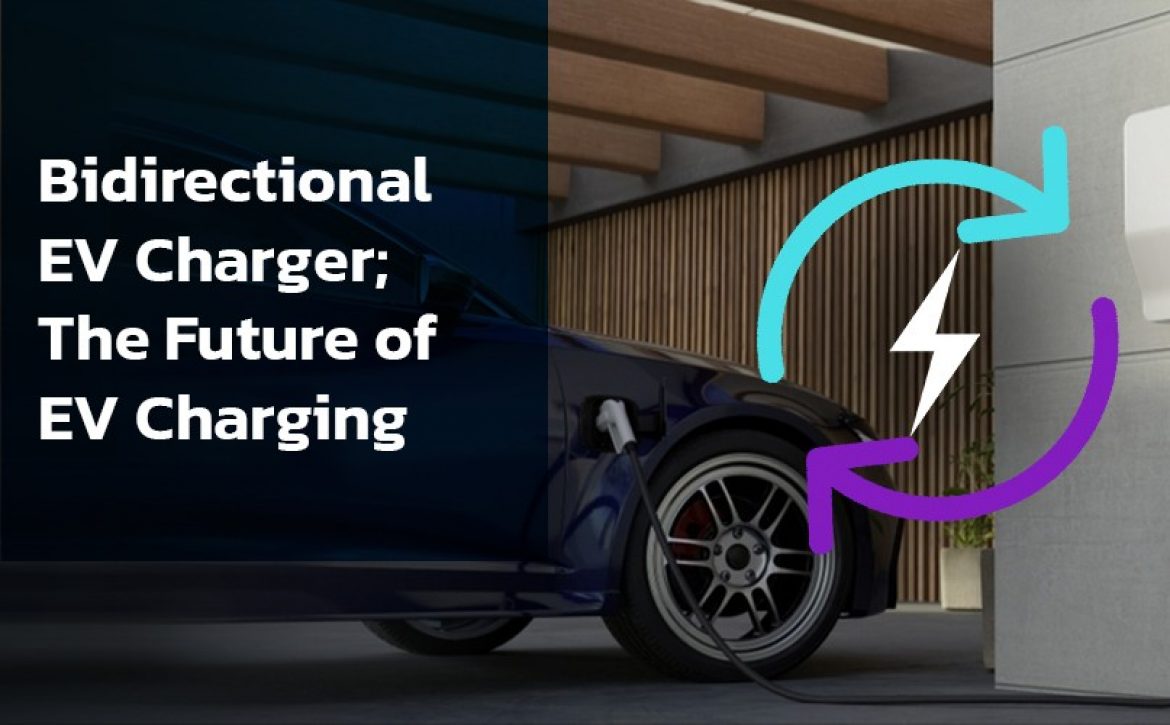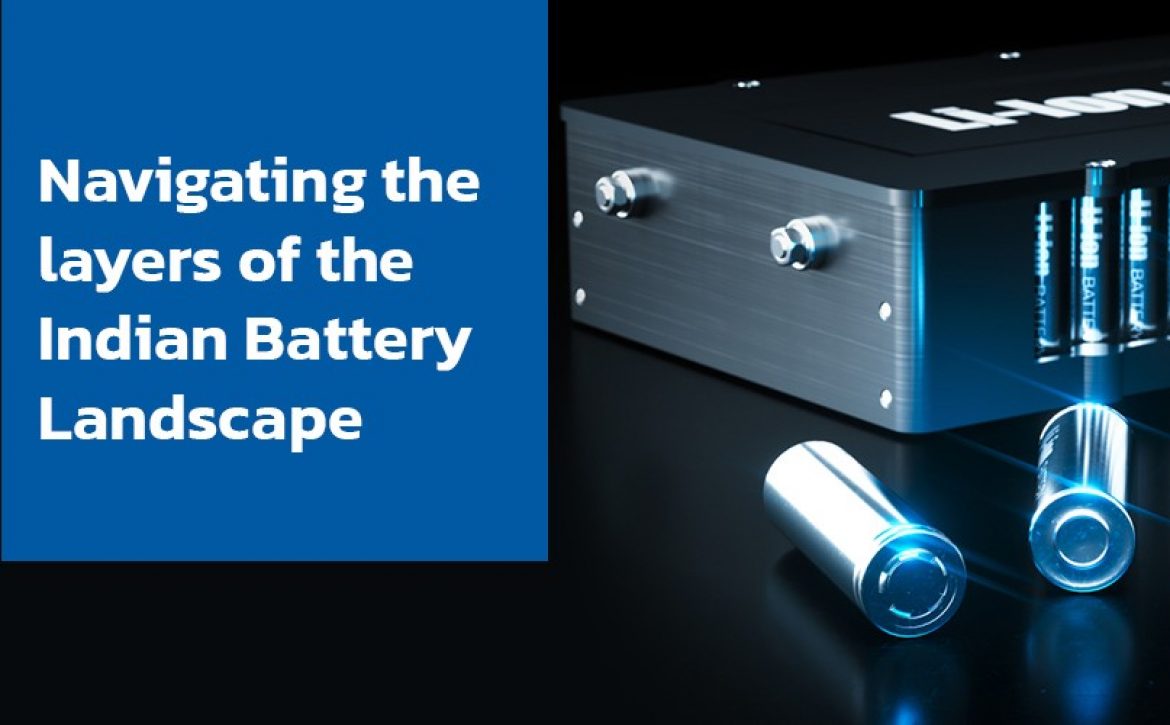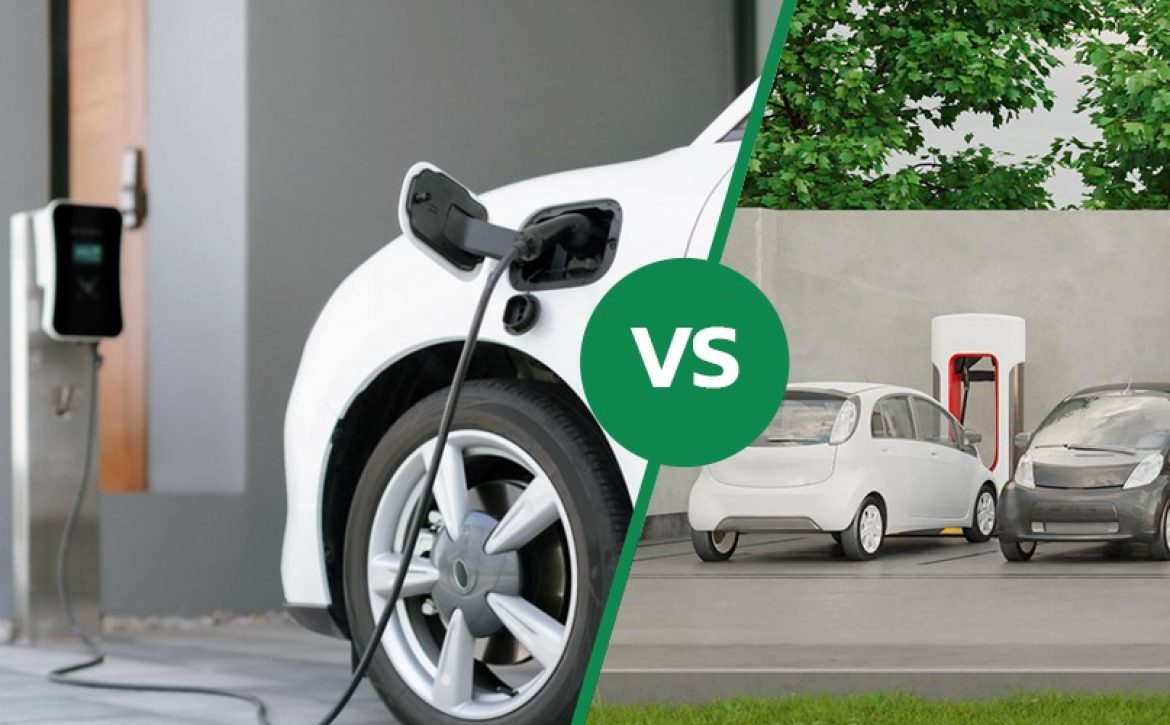Top Electric Cars in India 2024
Nowadays environmental concerns have become big issues to discuss and the adoption of EVs is continuously creating new sales records worldwide including in India. In the year 2023, the Indian automotive market started moving towards cleaner and sustainable transportation options at an accelerated pace. With technological advancements and government incentives & policies, several EV makers have entered the Indian auto market offering a wide range of EVs. Next, we will discuss the prices, range, and battery capacity of top long-range electric cars in India for the year 2024.
Top Electric Cars Available in India 2024
Here is the list of top electric cars available in India with their specifications, prices, battery packs, KM range, charging time, etc. Check out the best EV cars in India in 2024
Tata Nexon EV
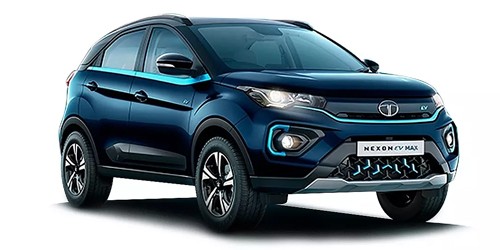
Tata Nexon EV leads in the category of top-selling electric cars in India. It has earned accolades for its perfect blend of performance, efficiency, and affordability. This meticulously-designed EV comes with a spacious cabin and boot space of 350 liters. These features make it a good option for commuting and family trips. When considering EV charging, various companies offer charging solutions. For instance, with Servotech’s AC home charger, you can confidently charge your EV. Alternatively, if you prefer charging at a station, Servotech’s DC chargers are widespread, ensuring rapid charging. Known for their speed, Servotech DC chargers are installed at nearly every station. For efficient home charging, Servotech’s AC chargers stand out as the best choice.
| Price | Battery Pack | Range | Charging Time |
| Rs. 15.90 Lakhs onwards (Ex-showroom Price) | 40.5 kWh | 453* km on full recharge | 0-80% in 56* mins. with DC Charger |
Source: Tata Motors
Tata Tigor EV
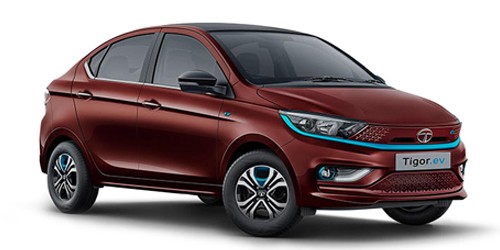
This 5-seater electric vehicle from Tata is another good option to own. It ideally meets all transportation needs of a family from commuting to shopping to long drives and more. Tata Tigor EV is equipped with all modish features to comfortably meet transportation needs in a sustainable way. When considering EV charging, various companies offer charging solutions. For instance, with Servotech’s AC home charger, you can confidently charge your EV. Alternatively, if you prefer charging at a station, Servotech’s DC chargers are widespread, ensuring rapid charging. Known for their speed, Servotech DC chargers are installed at nearly every station. For efficient home charging, Servotech’s AC chargers stand out as the best choice.
| Price | Battery Pack | Range | Charging Time |
| Rs. 12.50 Lakhs onwards | 26 kWh | 315* km on full recharge | 0-80% in 35* mins. with DC Charger |
Source: Tata Motors
MG ZS EV
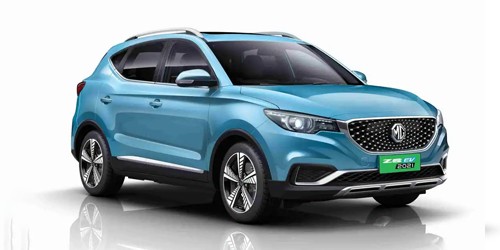
MG ZS EV is the perfect bundle of comfortable features & exciting driving experience that ideally delights owners with sustainable driving. This feature-loaded EV is high in performance and comfort. Therefore, customers have enjoyed comfortable driving for many years. Rear 60:40 split seats provide the added advantage of enlarged boot space. When considering EV charging, various companies offer charging solutions. For instance, with Servotech’s AC home charger, you can confidently charge your EV. Alternatively, if you prefer charging at a station, Servotech’s DC chargers are widespread, ensuring rapid charging. Known for their speed, Servotech DC chargers are installed at nearly every station. For efficient home charging, Servotech’s AC chargers stand out as the best choice.
| Price | Battery Pack | Range | Charging Time |
| Rs. 23.4 Lakhs onwards | 50.3 kWh | 461* km on a full charge | 0-80% under 60* mins. with DC Charger |
Source: MG Motor
Read more: How Can You Charge Your Electric Car without Having an EV Charger At Home
Mahindra XUV400 EV
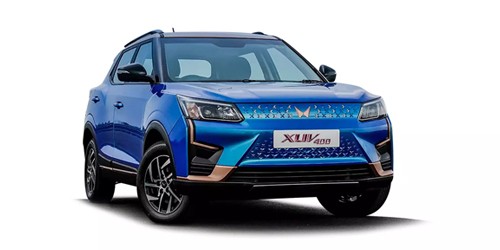
Mahindra XUV400 carries all the necessary ingredients to delight owners with an excellent driving experience and a number of useful features. Sporty design and comfortable interiors make this subcompact SUV one of the best options to drive. This electric vehicle is undoubtedly very promising and appropriately proves the best option for city drives as well as for long trips. When considering EV charging, various companies offer charging solutions. For instance, with Servotech’s AC home charger, you can confidently charge your EV. Alternatively, if you prefer charging at a station, Servotech’s DC chargers are widespread, ensuring rapid charging. Known for their speed, Servotech DC chargers are installed at nearly every station. For efficient home charging, Servotech’s AC chargers stand out as the best choice.
| Price | Battery Pack | Range | Charging Time |
| Rs. 15.99 Lakhs onwards | 34.5 kWh | 375* km on full recharge | 0-80% in 50* mins. with DC Charger |
Source: Mahindra & Mahindra
Hyundai Kona EV
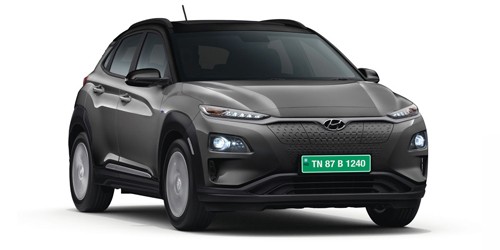
The Hyundai Kona EV is a very popular choice among enthusiastic car buyers. With a perfect assimilation of entirely new design, innovative concepts, and cutting-edge technologies, it delivers multiple advantages with low-cost travel and a comfortable driving experience. This EV is specially designed to experience easy drives on Indian roads and meet customers’ requirements. When considering EV charging, various companies offer charging solutions. For instance, with Servotech’s 11 kW AC home charger, you can confidently charge your EV. Alternatively, if you prefer charging at a station or are a charging station owner then Servotech’s 30 & 60kW DC chargers are the best option. They ensure fast charging and can be found at nearly every station.
| Price | Battery Pack | Range | Charging Time |
| Start at Rs. 23.8 Lakhs onwards | 39.2 kWh | 452* km on full recharge | 0-80% under 52* mins. with DC Charger |
Source: Hyundai Motor India
Citroen E-C3 EV
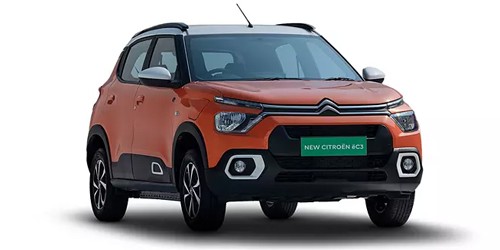
Citroen E-C3 EV is next in the lineup to provide one more fantastic option to buyers. Due to the hard work of R&D teams and meticulous engineering, it successfully delivers a delightful driving experience during all types of climatic conditions. Its attractive design & low maintenance features make it a perfect family car with easy & comfortable drives on city roads. When considering EV charging, various companies offer charging solutions. For instance, with Servotech’s 3.3 kW AC home charger, you can confidently charge your EV. Alternatively, if you prefer charging at a station or are a charging station owner then Servotech’s 30 kW DC chargers are the best option. They ensure fast charging and can be found at nearly every station.
| Price | Battery Pack | Range | Charging Time |
| Start at Rs. 11.50 Lakhs onwards | 29.2 kWh | 320* km on full recharge | 0-80% in 57* mins. with DC Charger |
Source: Citroen Motors India
MG Comet EV
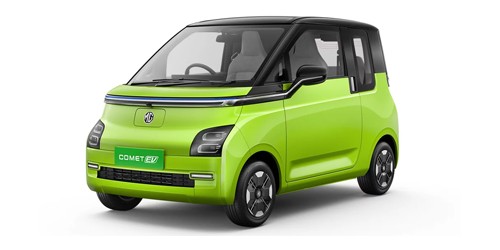
The performance and efficiency of MG Comet EV authenticates the legacy of MG Motors of serving customers with the finest family cars. Therefore, people can confidently consider it to quickly meet their needs for cost-effective & sustainable travel. Low maintenance is another laudable feature of this electric vehicle that helps owners to save big. When considering EV charging, various companies offer charging solutions. For instance, with Servotech’s 3.3 kW AC home charger, you can confidently charge your EV. For efficient home charging, Servotech’s AC chargers are the best chargers.
| Price | Battery Pack | Range | Charging Time |
| Start at Rs. 7.98 Lakhs onwards | 17.3 kWh | 200* km on full recharge | 0-80% in 25* mins. with DC Charger |
Source: MG Motor India
Read more: The Rise in Demand and Popularity of EV Cars in India
Kia EV6
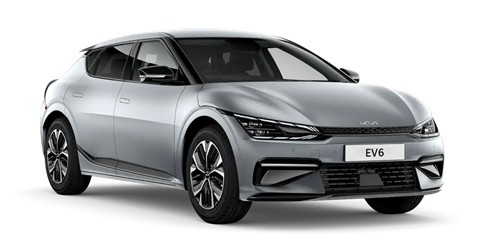
Kia EV takes the comfort of a delightful driving experience to a whole new level. Skilled and experienced automobile engineers have innovatively manufactured this electric car with systematic execution of advanced concepts & technologies. Comfortable seating, plush cabin, spacious boot space, and low maintenance make it the best in-category option. When considering EV charging, various companies offer charging solutions. For instance, with Servotech’s 11 kW AC home charger, you can confidently charge your EV. Alternatively, if you prefer charging at a station or are a charging station owner then Servotech’s 60 kW DC chargers are the best option. They ensure fast charging and can be found at nearly every station. You can also use Servotech’s 360 ultra-fast DC EV charger to charge your EV.
| Price | Battery Pack | Range | Charging Time |
| Start at Rs. 61.00 Lakhs onwards | 77.4 kWh | 708* km on full recharge | 0-80% in 65* mins. with DC Charger |
Source: Kia Corporation
TATA Tiago EV
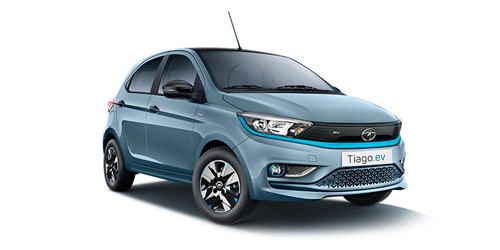
This EV comes from India’s most trusted automotive brand. So, you can confidently consider it as your next car. R&D teams of Tata Motors have carefully designed it for middle-class families. Therefore, you will easily find enough space inside the cabin along with a boot space of 240 L. These qualities make it the finest option for all as far as cost-effective travel and comfortable driving experience are concerned. When considering EV charging, various companies offer charging solutions. For instance, with Servotech’s 3.3 kW AC home charger, you can confidently charge your EV. Alternatively, if you prefer charging at a station or are a charging station owner then Servotech’s 30 kW DC chargers are the best option. They ensure fast charging and can be found at nearly every station.
| Price | Battery Pack | Range | Charging Time |
| Start at Rs. 8.70 Lakhs onwards | 19.2 kWh | 270* km on full recharge | 0-80% in 37* mins. with DC Charger |
Source: Tata Motors
Audi e-tron
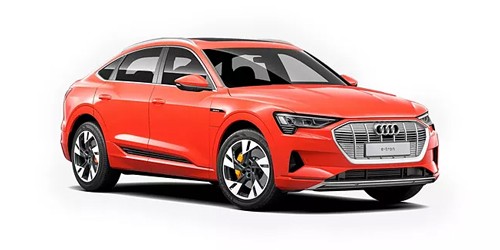
The Audi e-tron stands at the forefront of automotive innovation, embodying the pinnacle of electric vehicle engineering. With its seamless blend of cutting-edge technology, luxurious design, and eco-conscious performance, the e-tron represents Audi’s unwavering commitment to sustainable mobility without compromising on the thrill of driving. When considering EV charging, various companies offer charging solutions. For instance, with Servotech’s DC Fast charger, you can confidently charge your EV. If you prefer charging at a station or are a charging station owner then Servotech’s 150 kW DC chargers are the best option. They ensure fast charging and can be found at nearly every station.
| Price | Battery Pack | Range | Charging Time |
| Start at 1.02 Cr onwards | 71 kWh* | 484*km on full recharge | 0%-80% in 30 min* with DC charger |
Source: AUDI India
Jaguar I-Pace

The I-PACE redefines the driving experience with its sleek design, agile handling, and zero-emission powertrain. This groundbreaking vehicle seamlessly combines Jaguar’s renowned luxury with cutting-edge electric technology, delivering a thrilling and environmentally conscious ride. With its innovative features, impressive range, and commitment to sustainable driving, the I-PACE stands as a bold testament to Jaguar’s dedication to redefining the boundaries of performance and eco-consciousness in the automotive landscape. When considering EV charging, various companies offer charging solutions. For instance, with Servotech’s 11 kW AC home charger, you can confidently charge your EV. Alternatively, if you prefer charging at a station or are a charging station owner then Servotech’s 120 kW DC chargers are the best option. They ensure fast charging and can be found at nearly every station.
| Price | Battery Pack | Range | Charging Time |
| Start at 1.20 Cr onwards | 90 kWh | 470* km on full recharge | 8.5 hrs* with AC home charger |
Source: Jaguar India
BMW iX
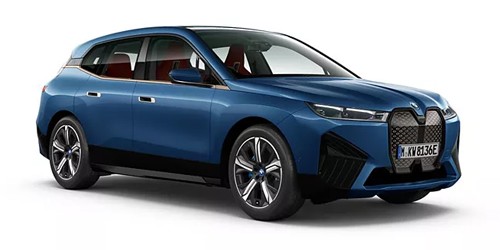
The BMW iX is a seamless blend of visionary design, groundbreaking technology, and unwavering sustainability. As BMW’s premier electric Sports Activity Vehicle (SAV), the iX surpasses norms, offering a captivating fusion of comfort, innovative technology, and emission-free power. Boasting a pioneering electric drivetrain, cutting-edge connectivity, and a forward-thinking design, the iX propels us into a new era of intelligent, emission-free mobility, reshaping the very essence of driving in our contemporary world. When considering EV charging, various companies offer charging solutions. For instance, with Servotech’s 11 kW AC home charger, you can confidently charge your EV. Alternatively, if you prefer charging at a station or are a charging station owner then Servotech’s 120 kW DC chargers are the best option. They ensure fast charging and can be found at nearly every station.
| Price | Battery Pack | Range | Charging Time |
| Start at 1.21 Cr onwards | 71 kWh | 425*km on full recharge | 0%-100% in 7h* with AC home charger |
Source: BMW India
Mercedes-Benz EQE SUV
Mercedes-Benz EQE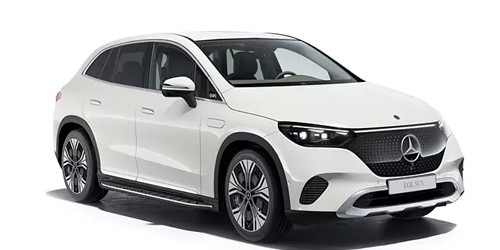
As the latest addition to the Mercedes-Benz EQ family, the EQE SUV represents an electrifying convergence of style, performance, and eco-conscious engineering. This avant-garde electric SUV embodies the brand’s dedication to redefining the automotive landscape, delivering a harmonious blend of opulence and responsible mobility. With its cutting-edge electric propulsion, advanced technological features, and a design language that epitomizes modern elegance, the EQE SUV stands as a beacon of Mercedes-Benz’s commitment to a progressive and environmentally conscious driving experience. When considering EV charging, various companies offer charging solutions. For instance, with Servotech’s 11 kW AC home charger, you can confidently charge your EV. Alternatively, if you prefer charging at a station or are a charging station owner then Servotech’s 180 kW DC chargers are the best option. They ensure fast charging and can be found at nearly every station.
| Price | Battery Pack | Range | Charging Time |
| Start at 1.39 Cr onwards | 90.56 kWh | 550*km on full recharge | 10%- 80% in 32* min with DC charger |
Source: Mercedes-Benz Group
Mercedes-Benz EQS
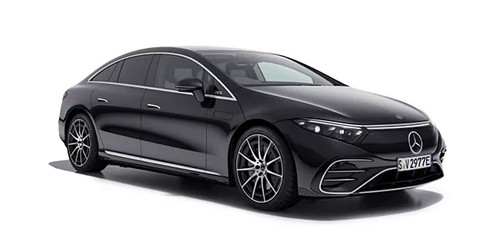
The Mercedes-Benz EQS embodies a paradigm shift in the world of electric vehicles, marrying opulence with sustainable mobility. This visionary all-electric sedan redefines luxury, boasting unparalleled elegance, cutting-edge technology, and an exceptional electric range. With its futuristic design, state-of-the-art features, and a commitment to zero-emission driving, the EQS stands as a testament to Mercedes-Benz’s relentless pursuit of automotive excellence in an eco-conscious era. When considering EV charging, various companies offer charging solutions. For instance, with Servotech’s 11 kW AC home charger, you can confidently charge your EV. Alternatively, if you prefer charging at a station or are a charging station owner then Servotech’s 120 kW DC chargers are the best option. They ensure fast charging and can be found at nearly every station.
| Price | Battery Pack | Range | Charging Time |
| Start at 1.59 Cr onwards | 107.8 kWh | 857* km on full recharge | 10%-80% in 31* min with DC charger |
Source: Mercedes-Benz Group
Audi e-tron GT

The e-Tron GT merges Audi’s iconic aesthetics with cutting-edge electric technology, delivering a thrilling driving experience powered solely by electricity. With its sleek design, lightning-fast acceleration, and state-of-the-art engineering, the e-tron GT embodies Audi’s vision for the future of electric performance vehicles, promising a harmonious blend of luxury, performance, and environmental responsibility. When considering EV charging, various companies offer charging solutions. For instance, with Servotech’s 11 kW AC home charger, you can confidently charge your EV. Alternatively, if you prefer charging at a station or are a charging station owner then Servotech’s 240 kW ultra-fast DC chargers are the best option. They ensure fast charging and can be found at nearly every station.
| Price | Battery Pack | Range | Charging Time |
| Start at 1.70 Cr onwards | 93.4 kWh | 388*km on full recharge | 5%-80% in 22.5* min with DC charger |
Source: Audi India
BMW i7

The BMW i7 redefines the essence of luxury sedans, seamlessly blending opulence with zero-emission driving. This avant-garde electric vehicle represents a harmonious fusion of cutting-edge technology, sophisticated design, and uncompromising performance. With its unparalleled comfort, advanced electric powertrain, and a suite of futuristic features, the i7 sets a new standard for sustainable luxury, embodying BMW’s vision for a greener and more luxurious automotive future. When considering EV charging, various companies offer charging solutions. For instance, with Servotech’s 11 kW AC home charger, you can confidently charge your EV. Alternatively, if you prefer charging at a station or are a charging station owner then Servotech’s 240 kW ultra-fast DC chargers are the best option. They ensure fast charging and can be found at nearly every station.
| Price | Battery Pack | Range | Charging Time |
| Start at 1.97 Cr onwards | 101.7 kWh | 625*km on full recharge | 10%-80% in 50* mins with DC charger |
Source: BMW India
Hyundai Ioniq 5
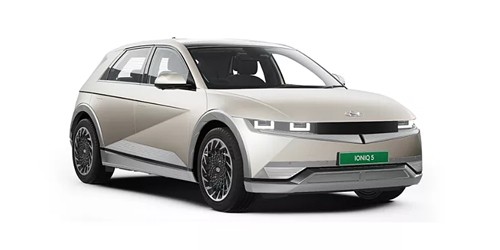
As Hyundai’s premier electric vehicle, the Ioniq 5 is a bold step into a new era of automotive excellence. This avant-garde crossover SUV showcases a harmonious fusion of cutting-edge technology, exceptional performance, and a commitment to eco-consciousness. With its strikingly sleek design, spacious interior, and impressive electric range, the Ioniq 5 redefines the electric vehicle landscape, offering a driving experience that seamlessly integrates style, efficiency, and sustainability. When considering EV charging, various companies offer charging solutions. For instance, with Servotech’s 11 kW AC home charger, you can confidently charge your EV. Alternatively, if you prefer charging at a station or are a charging station owner then Servotech’s 360 kW ultra-fast DC chargers are the best option. They ensure fast charging and can be found at nearly every station.
| Price | Battery Pack | Range | Charging Time |
| Start at 45.95 Lakhs onwards | 72.6 kWh | 425*km on full recharge | 10%-80% in 6H 55*Min with AC Home Charger |
Source: Hyundai Motor India
Volvo XC40
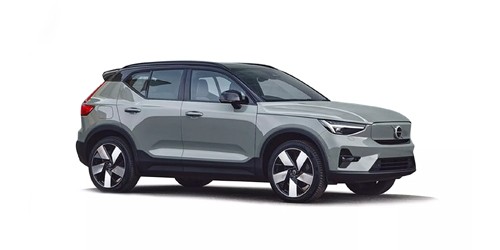
As Volvo’s luxury SUV, the XC40 redefines urban driving with its distinctive design, advanced technology, and unparalleled safety standards. This SUV embodies a perfect harmony of style and practicality, offering a spacious interior, an intuitive infotainment system, and a suite of cutting-edge safety features. With its strong performance, attention to detail, and commitment to safety, the Volvo XC40 stands as a compelling choice in the competitive luxury SUV segment, promising a refined driving experience tailored to modern urban life. When considering EV charging, various companies offer charging solutions. For instance, with Servotech’s 7.4 kW AC home charger, you can confidently charge your EV. Alternatively, if you prefer charging at a station or are a charging station owner then Servotech’s 150 kW DC chargers are the best option. They ensure fast charging and can be found at nearly every station.
| Price | Battery Pack | Range | Charging Time |
| Start at 56.90 Lakhs onwards | 78 kWh | 418*km on full recharge | 10%-80% in 28* min with DC charger |
Source: Volvo Group
Mini Cooper SE Electric

The Mini Cooper SE Electric represents a bold leap into the future of urban driving, blending iconic design with emission-free motoring. As Mini’s first all-electric model, the Cooper SE Electric maintains the brand’s renowned style and performance while embracing sustainable mobility. This electric hatchback seamlessly integrates the charm of the classic Mini with the benefits of zero-emission driving. Boasting lively acceleration, a distinctive design, and agile handling, the Mini Cooper SE Electric stands as a spirited and eco-conscious choice for urban adventurers seeking a blend of iconic heritage and modern sustainability in their driving experience. When considering EV charging, various companies offer charging solutions. For instance, with Servotech’s 11 kW AC home charger, you can confidently charge your EV. Alternatively, if you prefer charging at a station or are a charging station owner then Servotech’s 30 & 60 kW DC chargers are the best option. They ensure fast charging and can be found at nearly every station.
| Price | Battery Pack | Range | Charging Time |
| Start at 53.50 Lakhs onwards | 32.6 kWh | 270*km on full recharge | 0%-80% in 2h30* min with AC home charger |
Source: MINI India
Volvo C40
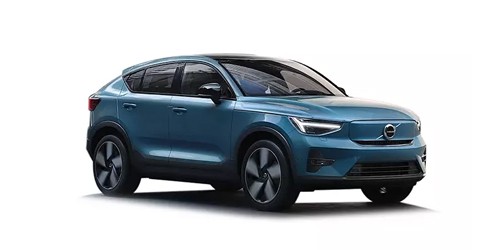
The C40 sets the benchmark for stylish, emission-free driving. This captivating crossover embodies a sleek and contemporary design, coupled with advanced electric technology, promising a thrilling yet environmentally conscious driving experience. With its commitment to cutting-edge safety features, versatile performance, and a sophisticated interior, the Volvo C40 stands as a bold statement in the world of electric mobility, redefining luxury SUVs with a fusion of forward-thinking design and sustainable engineering. When considering EV charging, various companies offer charging solutions. For instance, with Servotech’s 11 kW AC home charger, you can confidently charge your EV. Alternatively, if you prefer charging at a station or are a charging station owner then Servotech’s 60, 120 &150 kW DC chargers are the best option. They ensure fast charging and can be found at nearly every station.
| Price | Battery Pack | Range | Charging Time |
| Start at 62.95 Lakhs onwards | 78 kWh | 530*km on full recharge | 10%-80% in 27* min with DC charger |
Source: Volvo Group
Mercedes-Benz EQB
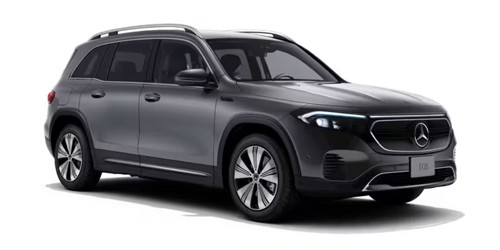
The Mercedes-Benz EQB stands as a testament to luxury electrification, blending the iconic style of Mercedes-Benz with eco-conscious innovation. As the latest addition to the EQ lineup, the EQB epitomizes versatility and sustainability in a premium compact SUV. This electrified marvel seamlessly marries sophistication with zero-emission driving, showcasing a distinctive design, cutting-edge technology, and the renowned comfort synonymous with the Mercedes-Benz brand. With its spacious interior, advanced features, and commitment to sustainable mobility, the EQB represents a harmonious convergence of luxury, practicality, and eco-friendliness, redefining the boundaries of electric vehicle excellence. When considering EV charging, various companies offer charging solutions. For instance, with Servotech’s 11 kW AC home charger, you can confidently charge your EV. Alternatively, if you prefer charging at a station or are a charging station owner then Servotech’s 30, 60 & 150 kW DC chargers are the best option. They ensure fast charging and can be found at nearly every station.
| Price | Battery Pack | Range | Charging Time |
| Start at 74.50 Lakhs onwards | 66.5 kWh | 423*km on full recharge | 10%-80% in 6.25*hr with AC home charger |
Source: Mercedes-Benz Group
BMW i4

The BMW i4 emerges as the epitome of electric luxury, seamlessly fusing the iconic BMW craftsmanship with eco-conscious innovation. Positioned as BMW’s avant-garde electric Gran Coupe, the i4 embodies a compelling blend of dynamic performance, state-of-the-art technology, and sustainable engineering. This electric marvel redefines the driving experience, boasting an elegant design, impressive electric range, and a commitment to emissions-free mobility. With its powerful acceleration, luxurious interior, and forward-thinking electric capabilities, the BMW i4 stands as a testament to BMW’s dedication to redefining automotive excellence in the electric era. When considering EV charging, various companies offer charging solutions. For instance, with Servotech’s 11 kW AC home charger, you can confidently charge your EV. Alternatively, if you prefer charging at a station or are a charging station owner then Servotech’s 30, 60 & 180 kW DC chargers are the best option. They ensure fast charging and can be found at nearly every station.
| Price | Battery Pack | Range | Charging Time |
| Start at 72.50 Lakhs onwards | 83.9 kWh | 590*km on full recharge | 0%-100% in 8H 20* Min with AC home charger |
Source: BMW India
BYD Atto 3
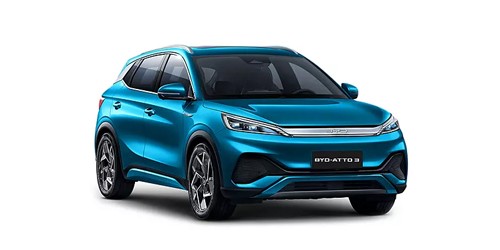
The BYD Atto 3 represents a paradigm shift in urban mobility, embodying efficiency, innovation, and compact versatility. As a city-centric electric vehicle, the Atto 3 by BYD delivers a remarkable fusion of modern design, cutting-edge technology, and eco-friendly functionality. This nimble and compact electric car redefines urban commuting with its small footprint, agility, and emission-free performance. Featuring a sleek exterior, smart connectivity features, and a focus on efficiency, the Atto 3 showcases BYD’s commitment to providing a sustainable and agile solution for modern urban transportation needs. When considering EV charging, various companies offer charging solutions. For instance, with Servotech’s 7.2 kW AC home charger, you can confidently charge your EV. Alternatively, if you prefer charging at a station or are a charging station owner then Servotech’s 30 & 60 kW DC chargers are the best option. They ensure fast charging and can be found at nearly every station.
| Price | Battery Pack | Range | Charging Time |
| Start at 33.99 Lakhs onwards | 60.48 kWh | 521*km on full recharge | 10%-80% in 9.5-10* hrs with AC home charger |
Source: BYD India
BYD E6

The BYD E6 stands at the forefront of electric mobility, offering a harmonious blend of practicality, sustainability, and technological innovation. As an electric MPV (Multi-Purpose Vehicle), the E6 by BYD provides a spacious and versatile driving experience without compromising on eco-consciousness. Renowned for its impressive electric range, this vehicle showcases BYD’s commitment to revolutionizing urban transportation. With a sleek design, advanced features, and a dedication to zero-emission driving, the BYD E6 emerges as a compelling option for those seeking an electric vehicle that seamlessly integrates efficiency, comfort, and environmental responsibility. When considering EV charging, various companies offer charging solutions. For instance, with Servotech’s 7.4 kW AC home charger, you can confidently charge your EV. Alternatively, if you prefer charging at a station or are a charging station owner then Servotech’s 60 & 120 kW DC chargers are the best option. They ensure fast charging and can be found at nearly every station.
| Price | Battery Pack | Range | Charging Time |
| Start at 29.15 Lakhs onwards | 71.7 kWh | 520*km on full recharge | 0%-100% in 12*hrs with AC home charger |
Source: BYD India
Porsche Taycan
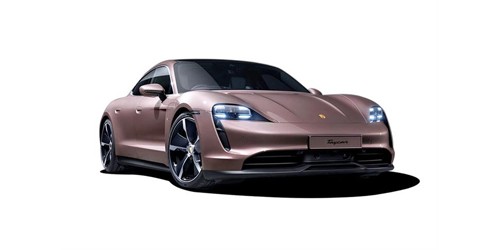
The Porsche Taycan heralds a new chapter in the world of high-performance electric vehicles, blending Porsche’s iconic sports car DNA with electrifying innovation. As Porsche’s first all-electric model, the Taycan embodies the brand’s commitment to thrilling driving experiences, delivering unparalleled performance with zero emissions. This cutting-edge electric sports car redefines expectations with its stunning design, lightning-fast acceleration, and track-ready agility. With a focus on futuristic technology, luxurious comfort, and a seamless blend of sustainability and performance, the Taycan stands as a testament to Porsche’s legacy of automotive excellence in the electric era. When considering EV charging, various companies offer charging solutions. For instance, with Servotech’s 11 kW AC home charger, you can confidently charge your EV. Alternatively, if you prefer charging at a station or are a charging station owner then Servotech’s 60 & 150 kW DC chargers are the best option. They ensure fast charging and can be found at nearly every station.
| Price | Battery Pack | Range | Charging Time |
| Start at 1.61 Cr onwards | 93.4 kWh | 452*km on full recharge | 0%-100% in 8*hrs with AC home charger |
Source: Porsche India
Lotus Eletre
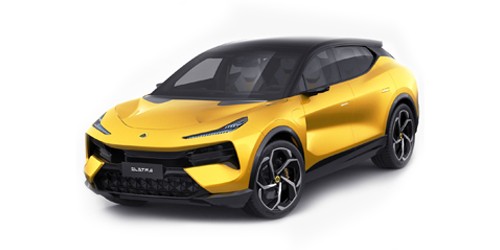
The Lotus Eletre marks a transformative step combining Lotus’ legendary engineering prowess with futuristic electric innovation. As Lotus’ first all-electric model, the Eletre embodies the brand’s commitment to unparalleled performance, delivering an electrifying driving experience while embracing sustainability. This groundbreaking electric SUV redefines the boundaries of luxury and performance with its striking design, dynamic handling, and cutting-edge technology. With a focus on exquisite craftsmanship, high-speed capabilities, and an eco-conscious approach, the Lotus Eletre sets a new benchmark in the world of electric performance vehicles, blending the thrill of Lotus’ heritage with forward-thinking electric mobility. When considering EV charging, various companies offer charging solutions. For instance, with Servotech’s 22 kW AC home charger, you can confidently charge your EV. Alternatively, if you prefer charging at a station or are a charging station owner then Servotech’s 360 kW ultra-fast DC chargers are the best option. They ensure fast charging and can be found at nearly every station.
| Price | Battery Pack | Range | Charging Time |
| Start at 2.55 Cr onwards | 112 kWh | 600*km on full recharge | 10%-80% in 22*min with DC charger |
Source: Lotus Cars
Conclusion
The Indian electric car market in 2023 offers an exciting array of options for eco-conscious consumers. It is however important for you to know that the Indian EV market is in a nascent stage and continuously developing. New automakers along with top manufacturers are regularly offering improved variants of EVs. Therefore, you will witness the launch of improved variants soon under different categories including hatchback, sedan, saloon, SUV, MPV, and others. R&D teams are actually working with innovative approaches and renewed concepts to keep owners away from different kinds of issues and experience sustainable travel. The aforementioned options are undoubtedly the best options to own. Make a smart purchase as per your requirements and actively contribute to the future of electric mobility in India. So, whether you are a daily commuter or an automobile enthusiast, EV is the next big thing in the automobile industry.
Disclaimer: Images used here are subject to copyright with their respective owners.
Read more: The Ultimate Guide to EV Charging




